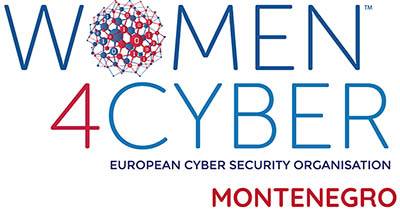About us
W4C focuses on promoting and encouraging the development of cybersecurity capacities in line with national and EU policies, while affirming the participation of women in research, innovation (R&I), the labour market in the field of cybersecurity. The organization is a partner of many European organizations and supported by numerous private companies including Microsoft, NortonLifeLock, Austrian Standards, Proximus Enterprise, Cisco Partner and others. More information available on the following link.
Raising awareness of cybersecurity at the national level is one of the essential prerequisites for creating a stimulating environment for continuous economic development and digital transformation.

